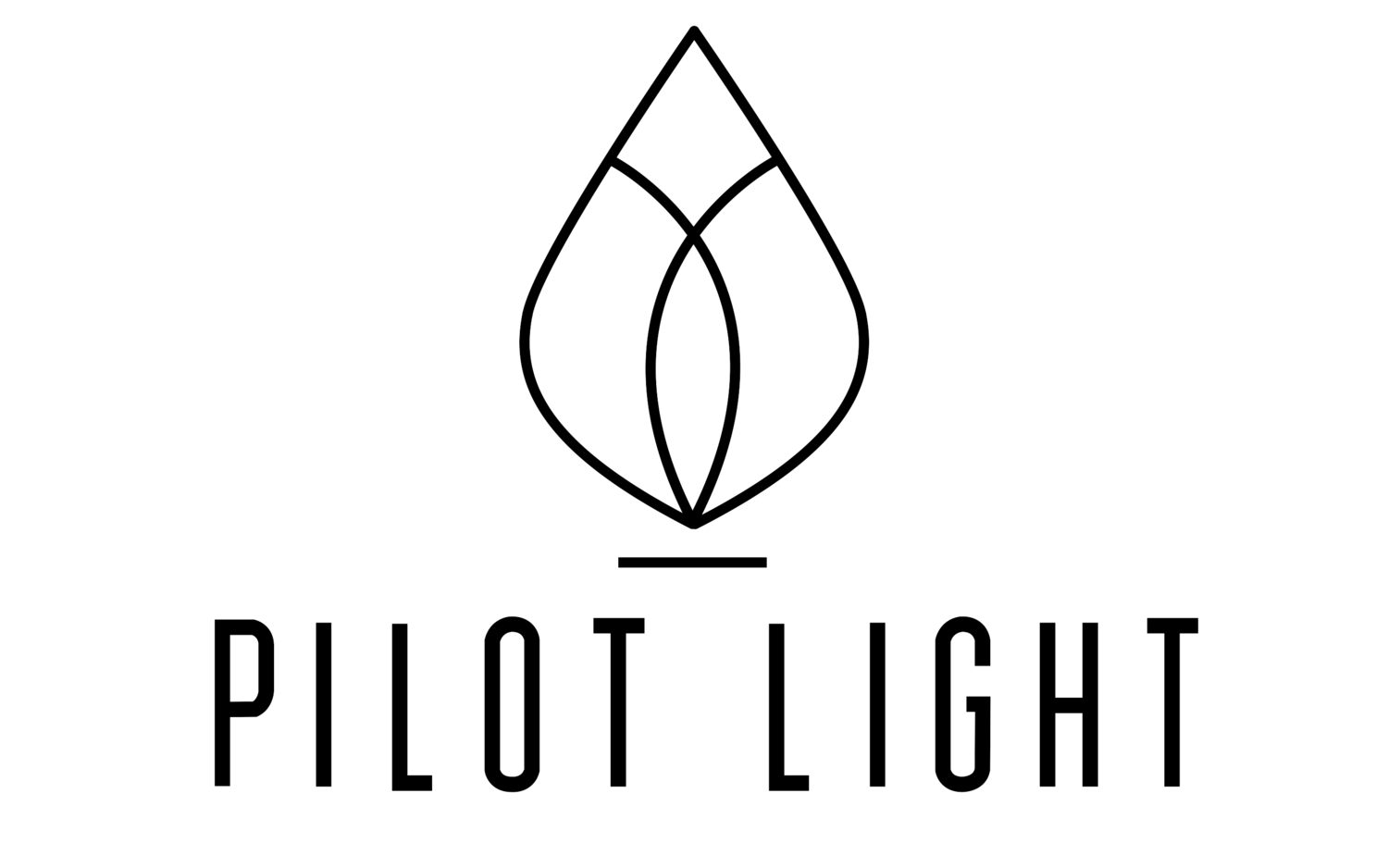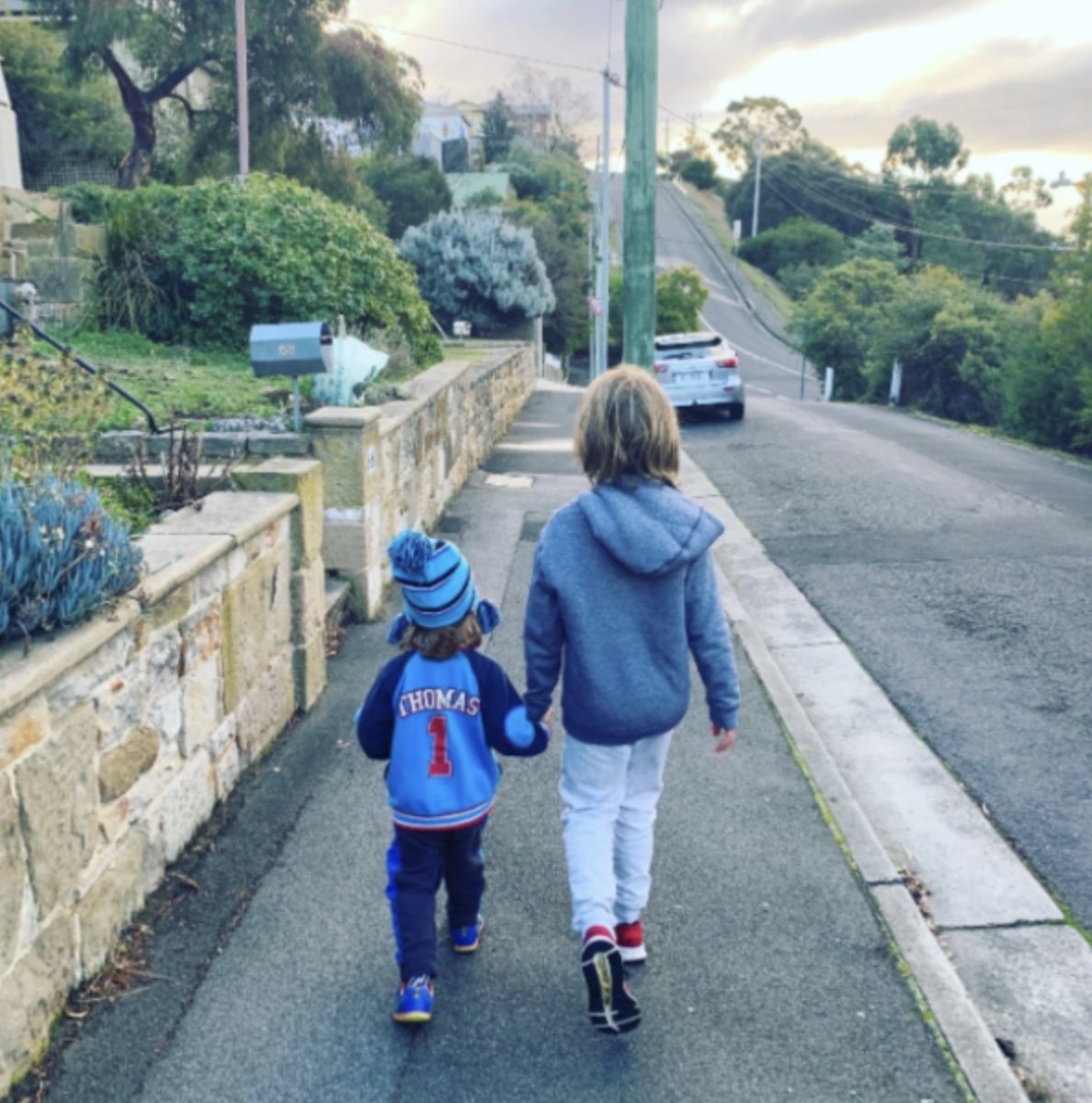Gratitude by Zoë Coyle
Routine can feel like a prison, but it can also be comforting and stabilising. Each evening when I draw the curtains throughout my home, I feel gentle happiness, a hum of gratitude. I’m shutting up shop, battening down the hatches, folding in with my family. Another day coming to a close. Something about this shutting of the curtains moves me and reminds me to count my blessings. Research tells us that counting our blessings, or giving thanks is a deeply powerful tool for bringing more happiness into our lives.
For years now, my children and I have intermittently kept gratitude journals. For those of you that don’t know how that works, it’s a simple process of habitually writing down a few things that you’re thankful for. Studies have found the effects of this are real and far-reaching.
Keeping a thankful journal corrals your attention on the positive aspects of your life, enabling you to live more optimistically, to shut down the Wanting Mind, to detach fear and reduce stress. It increases joy, awareness, resilience, self-esteem, connectedness and wonder. Sounds good yes?
Emmons & McCullough found in their study that gratitude journaling led to improved psychological, physical and emotional wellbeing. Participants post journaling were more optimistic, spent more time exercising, and had fewer symptoms of physical illness. They reported increased overall gratitude, positive affect, enthusiasm, determination, and alertness. They were also more likely to help others and make progress towards their personal goals.
As I shepherd the evening march of homework, piano practice, feeding, bathing and teeth brushing of my children, more often than not I feel I’m attempting to summit Everest, gratitude has all but exited the building. When my children are clean and settling down in their bedrooms, I exhale and draw the curtains. Here enters gratitude stage left. It strikes me as Pavlovian. My parenting now shifts gears from a human doing to a human being. To being with them.
I still down to sit on my daughters’ beds as they fill out their journals. The process of actually writing the gratitude down is essential, it slows the brain and allows the information to be more fundamentally absorbed. As an added gift, I hope this written document will be a lovely record of their childhoods for them when they’re grown.
They write three things they’re grateful for in their day and three things they’re thankful for about themselves. Interestingly when we introduced this latter part, both girls baulked. They found it hard, it made them feel uncomfortable as if they were boasting. The thinking is that this self-focused part creates self-worth and abolishes shame. So what do you think? That all sounds pretty heavy going and overly worthy, but I don’t enforce this ritual on my children, they like it and choose it for themselves. I remind them, and if they don’t feel like it, they don’t do it. That said if they’ve had a bad day, I strongly encourage them to write down their gratitude, as it acts like a balm and a balancing agent.
My 3-year-old son is too young for writing, but we do the same process verbally. 3 roses and one thorn for each day. We keep the ratio balanced towards the positive because it’s not designed to be a moaning session but rather taking stock of what is wonderful in his life. Generally, it’s Thomas the Tank Engine, dinosaurs and his bed shaped like a car. By the way, I’ve found the thorn is useful when they’re little to find out if anything is worrying them. Often when I ask ‘And your thorn?’ He will answer in his sweet singing voice ‘Ah… no thorns today Mama, not any, not one’. Cue my heart bursting.
So do I notice that my children and I are happier when we are committed to the journals? To be honest, I’m not sure, but the very act of doing it together, of sharing and communing in this way feels gently sacred. I’m interested in seeking out the sacred, that space of connectedness and wonder. Also, this time supporting my children documenting their gratitude enables me to learn about them and have greater insight into their inner workings. So even if all the positive phycology research is wrong, this activity for us is meaningful, binding and joyful.

